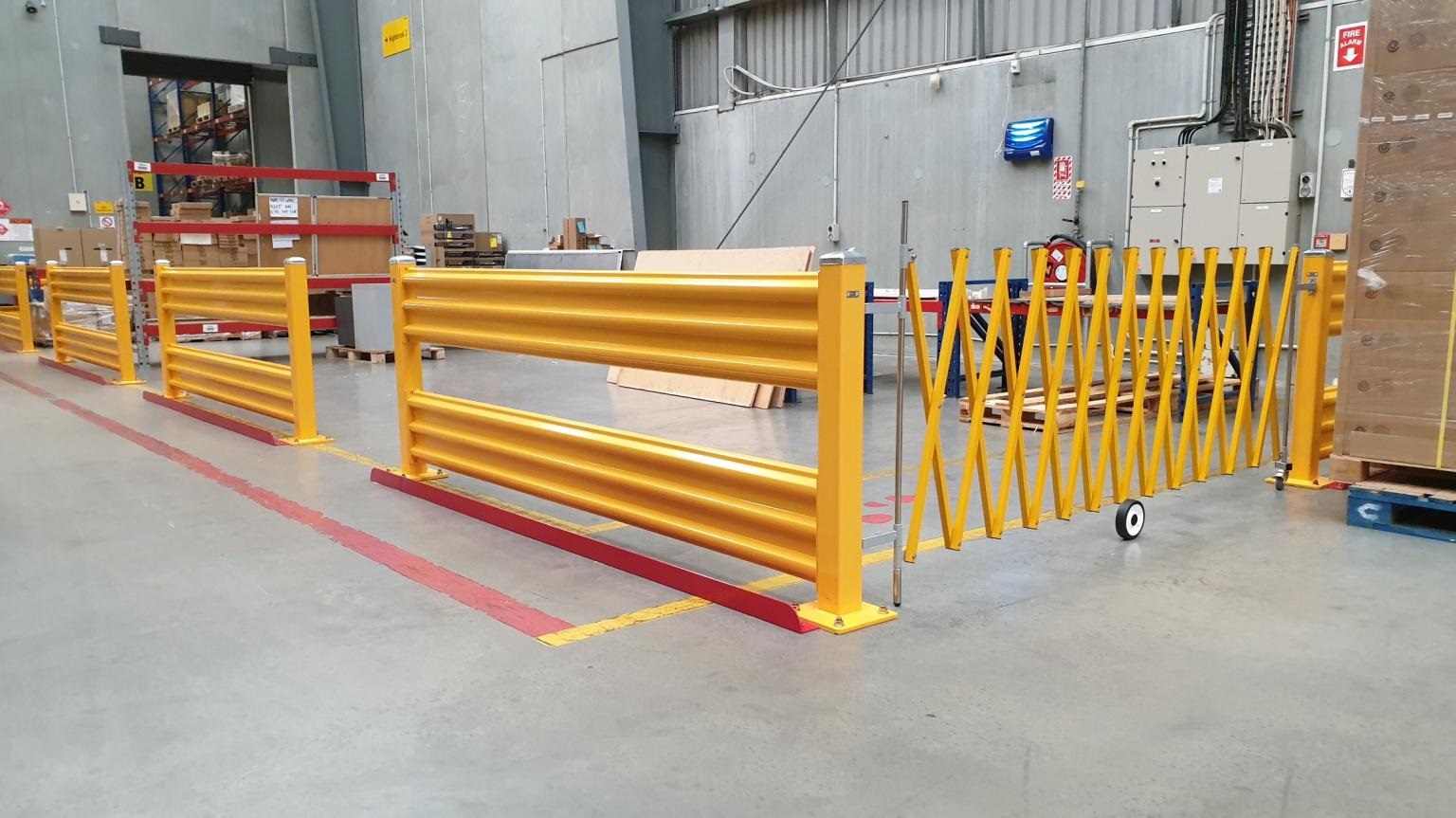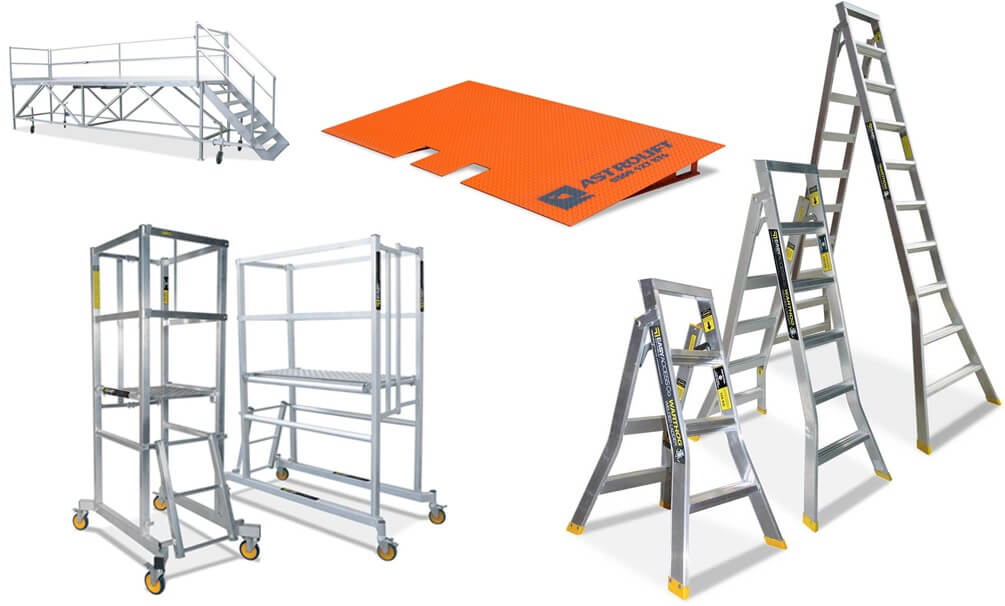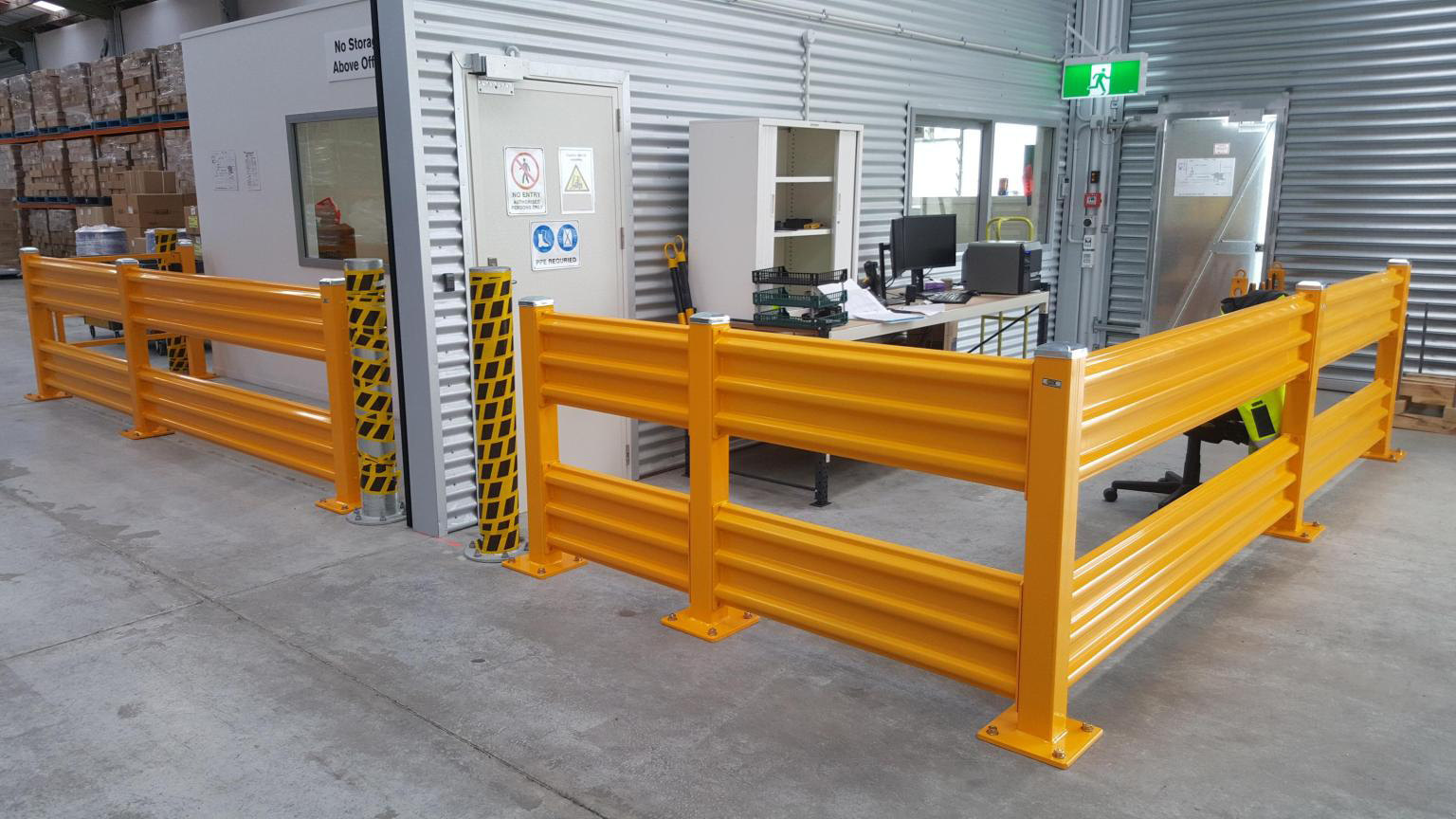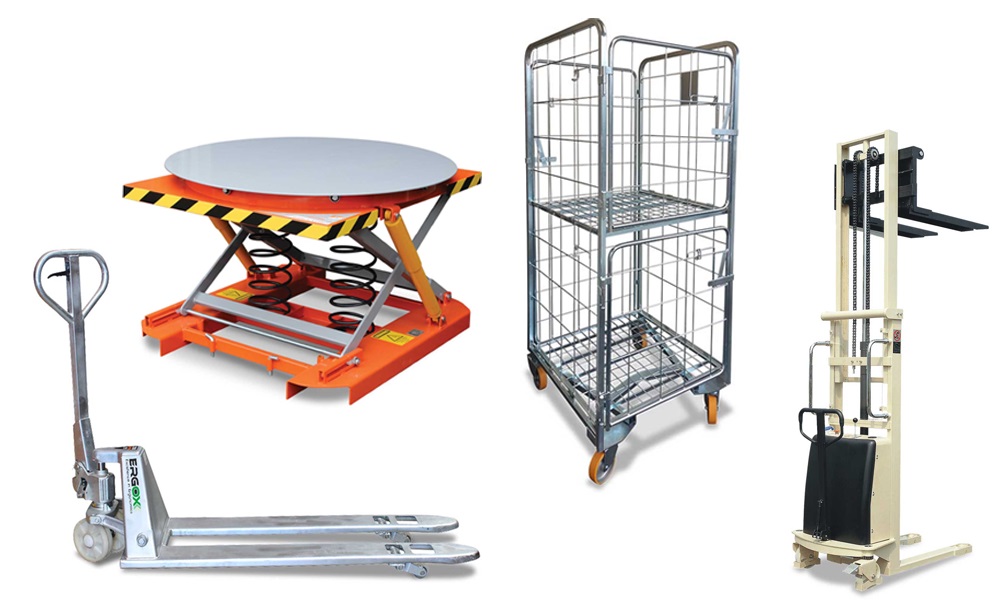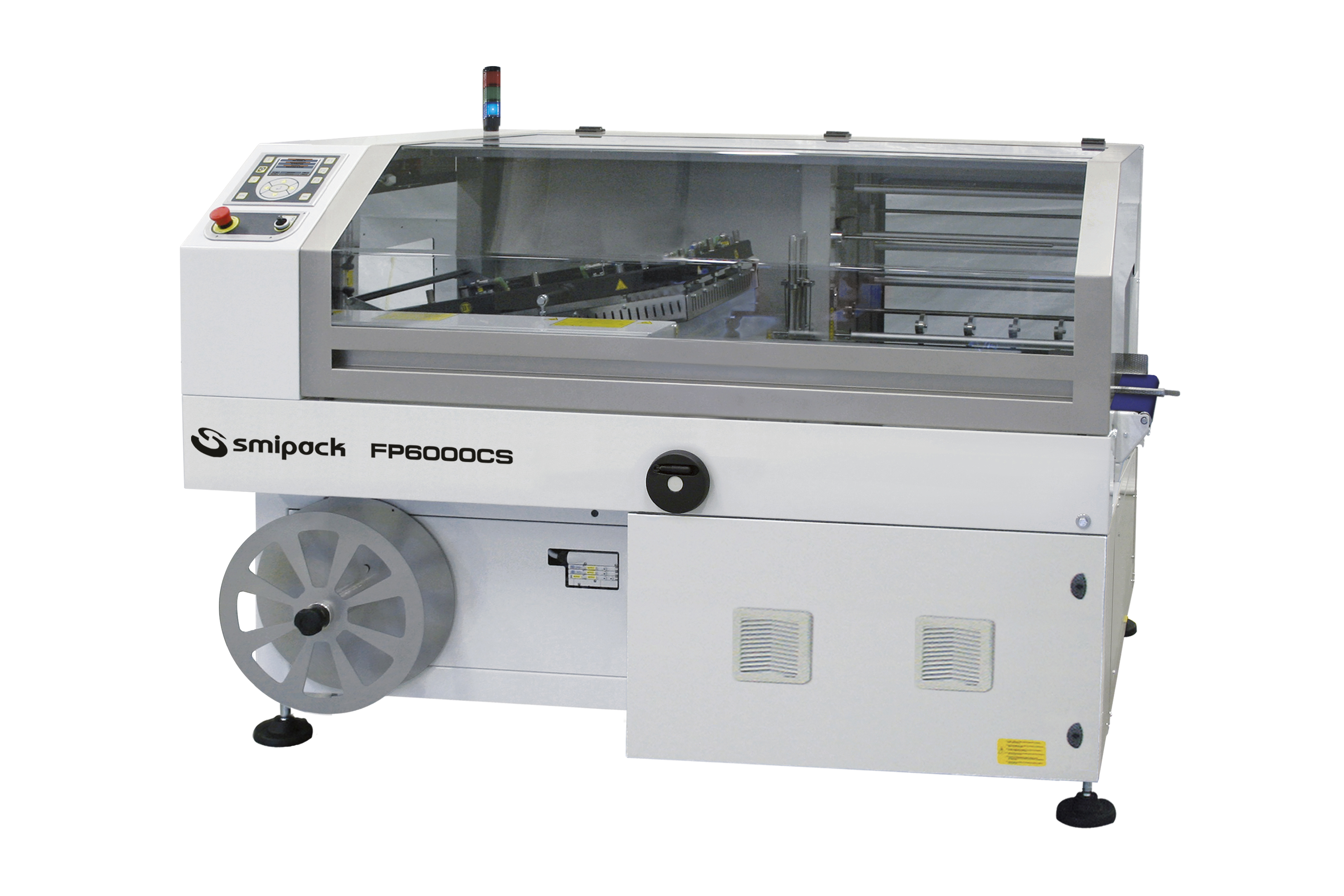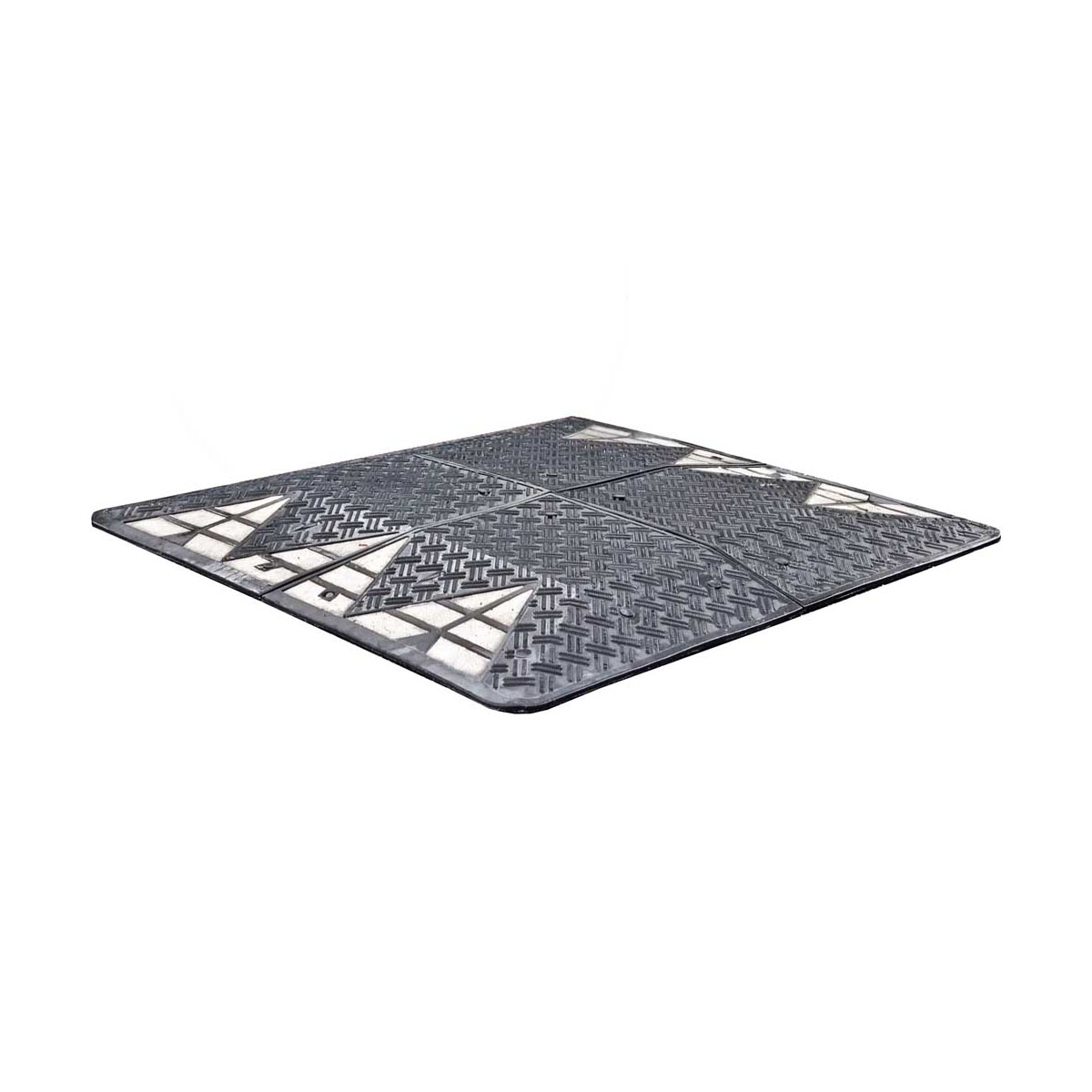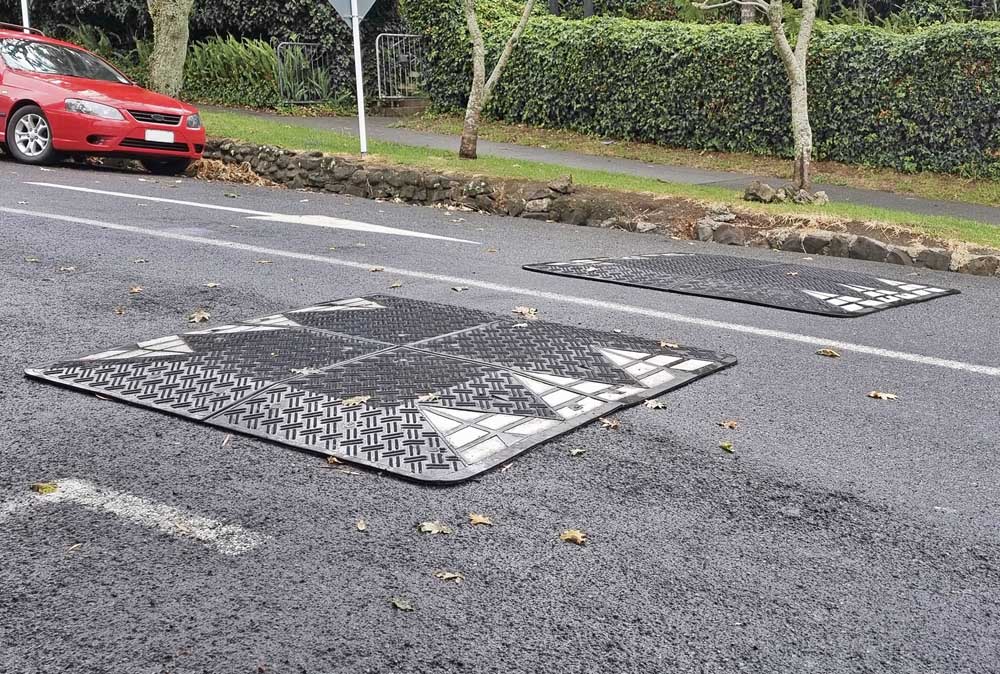What are speed tables and how do they work?
Speed tables are raised, flat-topped traffic calming devices installed on roadways to help reduce vehicle speeds and enhance safety. By creating a gentle incline and decline, speed tables encourage drivers to slow down as they pass over them, ultimately improving safety for pedestrians, cyclists, and other road users. The flat top allows for smoother passage of larger vehicles like buses and emergency services vehicles.
Types of speed tables and their applications
There are several types of speed tables, including full-width and mid-block speed tables. Full-width speed tables extend across the entire width of the road and are best suited for residential streets and driveways. Mid-block speed tables are typically narrower and installed at specific locations along a roadway, such as near pedestrian crossings or schools. Both types effectively reduce vehicle speeds and improve overall safety.
The history and evolution of speed tables
Speed tables were developed as a response to the limitations of traditional speed bumps, which can be overly aggressive in slowing down traffic and cause discomfort for drivers and passengers. Since their introduction, speed tables have gained popularity due to their proven effectiveness in managing traffic speeds while causing minimal disruption to road users.
Factors to consider when choosing a speed table
When selecting a speed table, it's essential to consider factors such as the target speed reduction, the type of road, and the surrounding environment. It's also important to evaluate the potential impact on emergency services, public transportation, and local residents. By carefully considering these factors, you can choose the most appropriate speed table solution for your specific needs.
Speed table size and dimensions
Speed tables come in various sizes and dimensions to accommodate different road widths and traffic conditions. Standard sizes range from 3 to 6 metres in length, with heights typically between 50 to 100 millimetres. The size and dimensions of the speed table should be selected based on the desired speed reduction, the type of road, and the specific traffic conditions.
Customisation options
Astrolift Speed Tables can be customised in terms of size, colour, and signage to suit specific requirements. Custom colours and signage can help increase visibility, ensuring drivers are aware of the speed table ahead. This not only improves safety but also allows the speed table to blend seamlessly into the surrounding environment and meet individual traffic management goals.
Speed Tables are an effective, environmentally friendly, and versatile solution for controlling vehicle speeds and enhancing safety on various road and driveway surfaces. By selecting the appropriate size, type, and customisation options, you can create a safer environment for all road users while supporting sustainable practices with recycled rubber materials.


